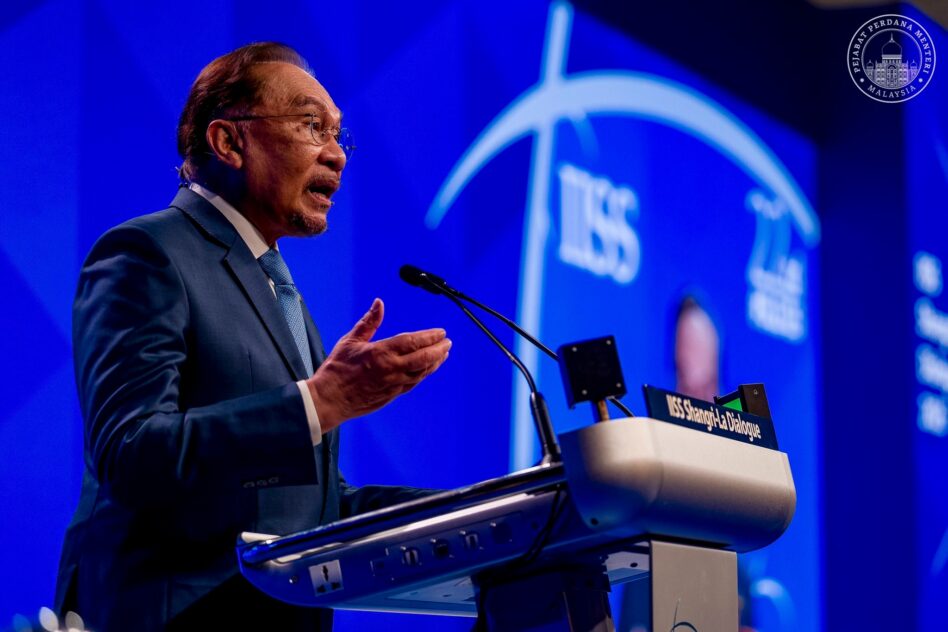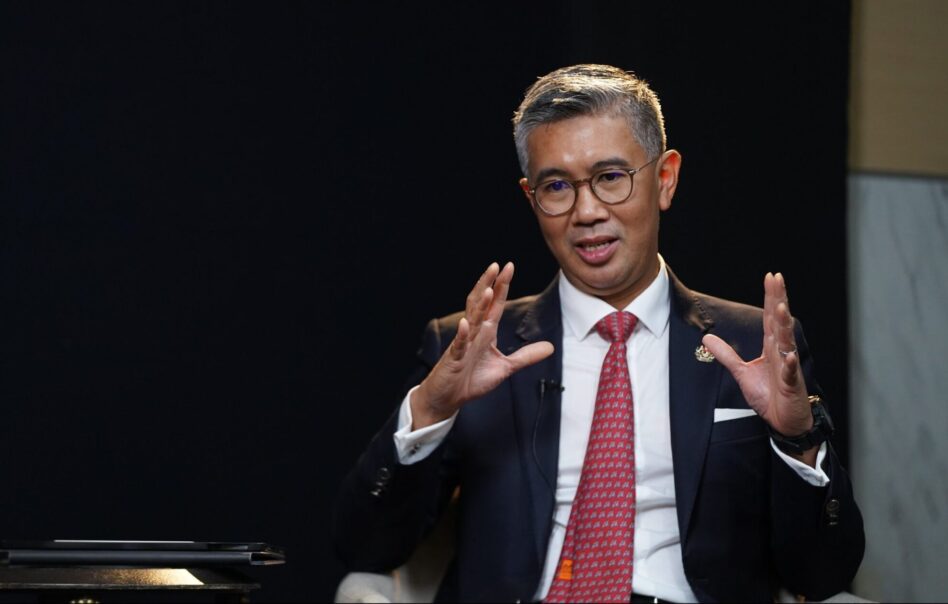KUALA LUMPUR: Countries in the Asia-Pacific have sufficient fiscal space to increase their fiscal deficit and accumulate more debts to proactively respond to Covid-19’s impact, says the United Nations Economic and Social Commission for Asia and the Pacific (ESCAP).
Describing the fiscal space in Asia-Pacific as “in a very good shape” compared with other regions, ESCAP’s Macroeconomic Policy and Financing for Development Division director, Hamza Ali Malik, said the median fiscal balance as a percentage of gross domestic product (GDP) of the region stood at about 1%, while the average debt-to-GDP ratio in the region stood slightly below 40%.
“Therefore, the countries can afford to increase the fiscal deficit when they start spending more at dealing with Covid-19 implications.
“And they can also issue more debts or accumulate more debts to deal with the unprecedented situation,” he said at the virtual regional launch and press briefing on the Economic and Social Survey of Asia and the Pacific 2020 in Bangkok today.
On the immediate responses to Covid-19, Hamza Ali opined that governments should prioritise people over economic recovery, such as rolling out large and targeted fiscal measures to contain the economic impact of Covid-19 on the various sectors.
“The measures could also ease the shock to jobs and guarantee minimum living standards,” he added.
The 2020 survey found that, in an increasingly uncertain global environment, the economic growth of the developing countries and territories in the Asia-Pacific region weakened more than expected to 4.3% in 2019, a sharp slowdown from 5.3% in 2018.
“And it is expected to slow further in 2020 and pick up moderately in 2021 as the shocks fade away,” ESCAP analysed.
In the wake of the pandemic, it said fiscal and monetary policies should be focused on upholding economic activities by supporting affected enterprises and households and preventing economic contagion.
“Fiscal spending can also play a significant role in enhancing the ability of health responders to monitor the spread of the pandemic, care for infected people and improve health emergency preparedness,” it added.
ESCAP said for countries not directly affected by the pandemic, the survey found that accommodative monetary and fiscal policies were still needed to address weak aggregate demand and business sentiment amid an increasingly uncertain economic environment and unresolved trade tensions. – April 8, 2020, Bernama









